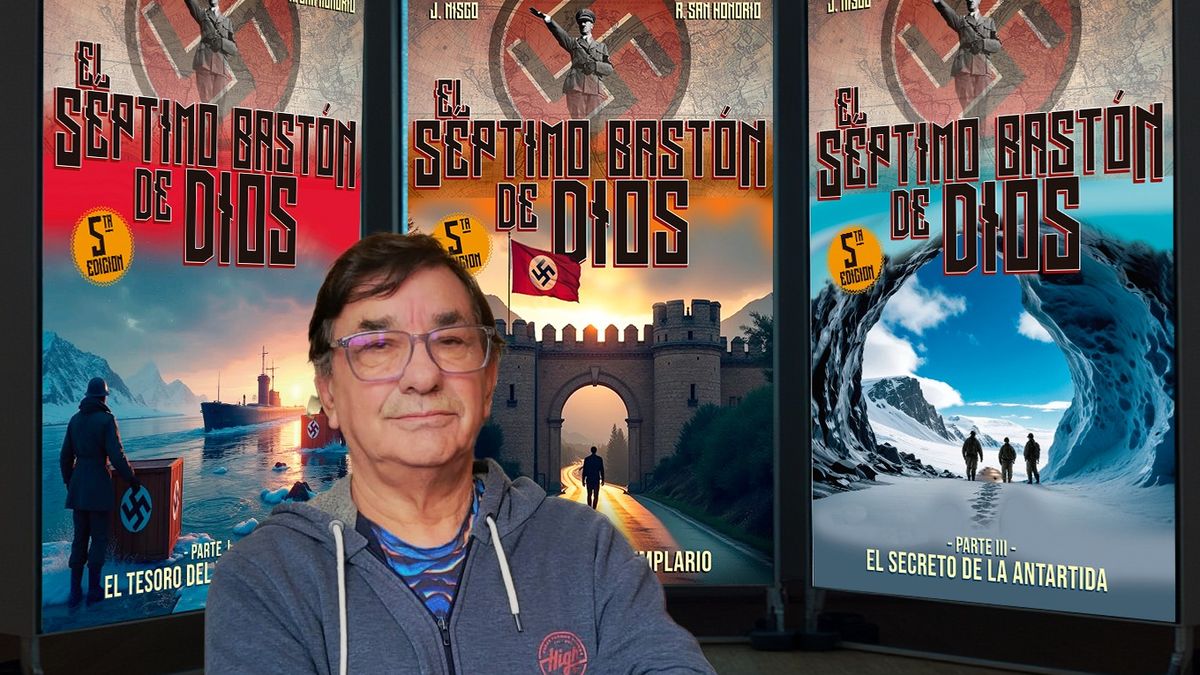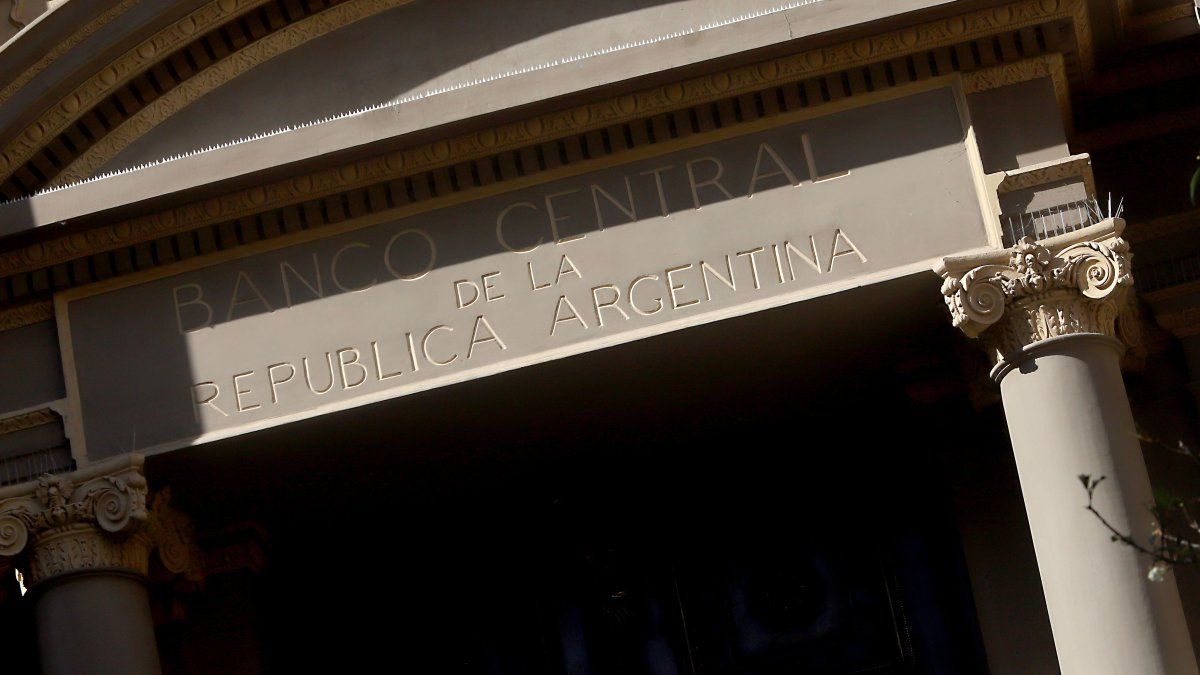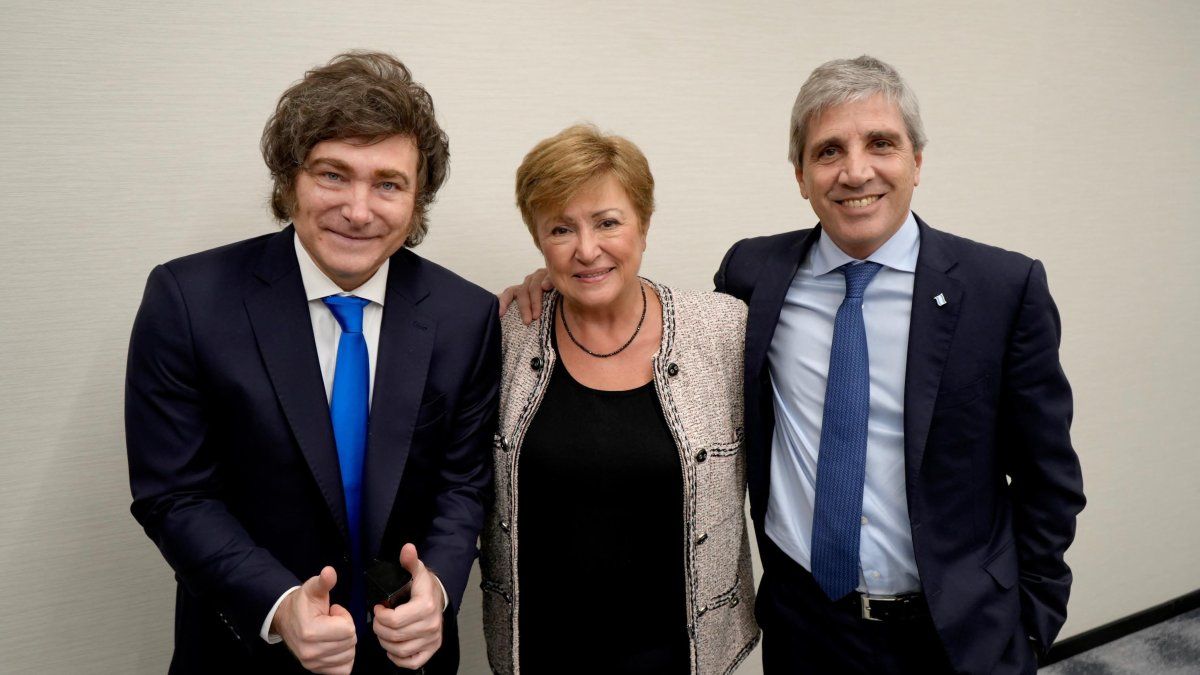“The Eternaluta did not work with AI, except for 3 or 4 very specific things, but resorted to a nearby tool. In our case, the AI did not improve the content we created, we asked for images that arose from the novel and evaluate whether they were consistent with what we had imagined,” says Jorge Niscodirector and author who edited the trilogy of “The seventh cane of God” in English and Spanish and premiered two booktrailers in ia.
Nisco He reissued in Spanish and in English his first novel “The seventh cane of God”, written with Ramiro San Honorio, In a saga of three ebooks and printed books. He also launched the first booktrailer made with generative artificial intelligence (AI) as inaugural audiovisual content on the novel, expanding the cross between literature and cinema, which she developed together with the director Danila de Felippo. We talked with Nisco.
Journalist: With the explosion of AI and its use for all fields, it seems distant and even rare that strike of Hollywood screenwriters against the tool. How do you use it?
Jorge Nisco: It is very difficult for AI to be written to a script, you can write it possibly but you need a foreign look, where the script that is written has to be interpreted by a person, you have to see what it could write the AI based on what you ask. If one asks, something can serve or not, there is the human look. We ask you images to see how far you are coming to give us what we ask, sometimes it works. We are learning how to ask and she learning how to generate. People are a bit scared but it is a tool, no more than that.
Q.: Regarding the novel, the three historical times, as you can expand what happens in relation to Nazi secret operations in Argentina, casually two weeks ago in court affiliation documents to the Nazi party, while the most important anti -Semitic act in the history of the diaspora appeared in court.
Jn: .: Following a crime that occurred in 1989, we put together a story that begins at the end of World War II with a Nazi hierarchy who must take out of Germany treasures from Judeo -Christianity and decide to bring it to Argentina. On the journey of that trip is the Nazi act held at Luna Park, which was very large. Also when the German submarine was surrendered in the Naval Base of Mar del Plata and parties to raise funds in a hotel in Córdoba. There were links with Nazism, which is highlighted today from several documents found in court as notebooks of people enrolled in Nazism. We mention these things and work it from fiction but everything in the novel happened. Now they found boats that apparently would have been operations to move Nazis at that time. There is a lot of history that binds Nazism with a part of our country.
Q.: Where your interest comes in these treasures looted during World War II, the Nazi Gold Route, the refuge in Patagonia, the help of Perón ..
Jn: I have a great interest in archeology, anthropology and what catches my attention is the great esoteric current that apparently would have developed at that time, in fact Hitler’s archaeologist was called Otto Rahn and was avoided to look for these historical pieces that somehow has a secret power in quotes, they are symbols that, they believe, they give power to those who possess it.
Q.: What is the story about the mysterious cane with hidden power that could change the course of humanity?
Jn: The story has to do with the possession of an old command cane in Argentina that was from the Comechingones Indians, the Córdoba area. It is very special, it is called the stone of wisdom and we adding Wagner’s parsifal bond and that cane. There are indications that the Germans in the ´30 and ´40 made expeditions looking for that cane.
Q.: How do you see the future of cinema and TV? They seem less alive than streaming or theater ..
Jn: Everything is going to accommodate and everything will return, as the radio theater returned in podcast format. The theater continues to generate that magic impossible to replace and everything will accommodate. Cinema and also TV, which is the one at the most critical moment, at least in our country. In other countries, TV continues to produce with some unions between platforms, TV and cinema, which I think is the most viable for these times.
Q.: Since we talk about your novel adapted to fiction, what did you think “the eternal”? ..
Jn: It seemed to me a spectacular job, a very good adaptation with very good performances, I have nothing but admiration for all who produced it with Stagnaro to the head. I find it fascinating and I am more proud than if we had won another World Cup.
Source: Ambito
I am an author and journalist who has worked in the entertainment industry for over a decade. I currently work as a news editor at a major news website, and my focus is on covering the latest trends in entertainment. I also write occasional pieces for other outlets, and have authored two books about the entertainment industry.




